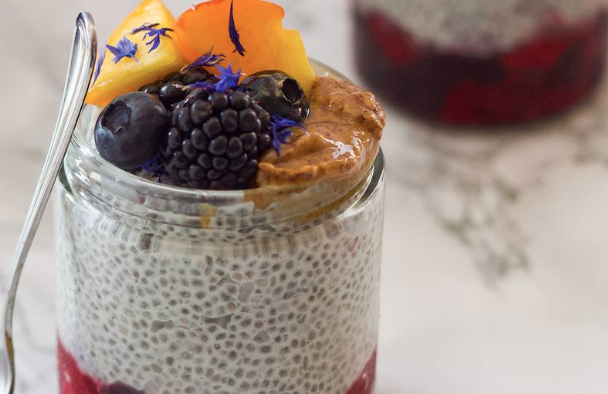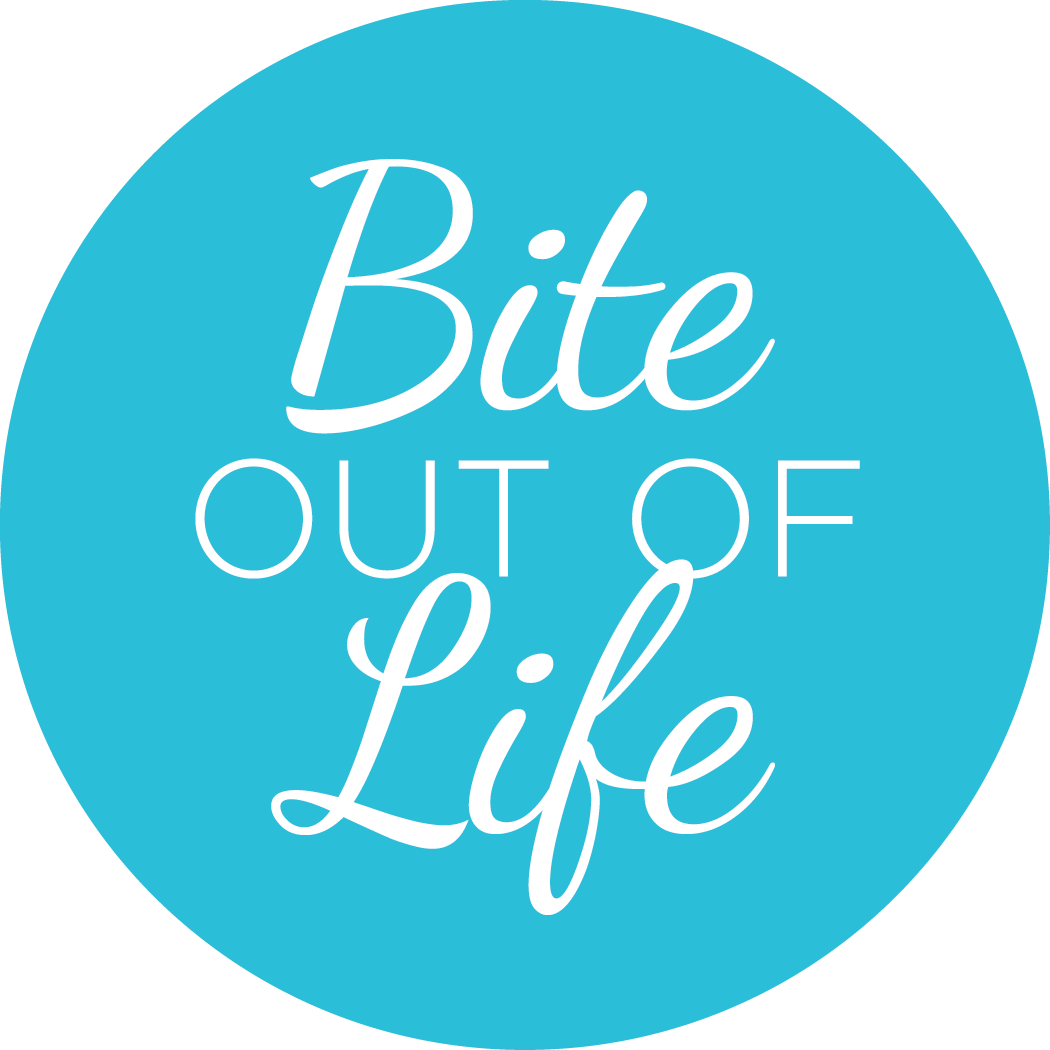 Need a mood boost? Statistics suggest that most of us do. A recent Canadian Mental Health Association survey of people between the ages of 18 and 34 reported that mental health issues like depression and anxiety are more “of an epidemic” than physical illnesses such as heart disease and diabetes. Read about that here.
Need a mood boost? Statistics suggest that most of us do. A recent Canadian Mental Health Association survey of people between the ages of 18 and 34 reported that mental health issues like depression and anxiety are more “of an epidemic” than physical illnesses such as heart disease and diabetes. Read about that here.
And yes, I can hear the chorus of naysayers argue that because the risk for heart disease and diabetes increase as we age, this youthful group simply is an anomaly as compared to older generations. Not true. At the other end of the spectrum, about 30% of seniors (that’s 65 and older) are also coping with a mental health issue – as reported by CMHA. Perhaps even more startling is that 1 in 5 children are dealing with a mental health issue.
I don’t think I need to hunt down stats to show how the 35-64 year olds are coping. I am one of them, as are most of my clients and friends and neighbours and colleagues – and I can tell you the stats are no different when it comes to mood disorders like depression and anxiety.
It. Affects. All. Of. Us.
World Mental Health Day was only a couple of weeks ago and that’s certainly a step in the right direction towards bringing awareness, but taking care of your own mental health needs is an important priority 24/7.
Especially at this time of year as we inch closer to the end of Daylight Savings Time and the darkness of the season descends. This can be an extra challenging time for some people who may have Seasonal Affective Disorder (SAD), or for those of us who just find the shorter days to be a challenge.
So, here’s your chance to zero in and take some steps to enhance your mental wellness – which can also be applied year-round.
No question that what you eat can affect how you feel, right? I’m a nutritionist, so I believe whole-heartedly what Hippocrates said: food is medicine. That doesn’t mean that it is the only medicine you might need if you have mental health concerns. That choice is between you and your medical team and I do recommend you have one – hopefully that includes both allopathic and natural healing modalities.
Why? Because mental health and brain health are complex. But food is one more way to help.
The foods we eat, and the ways our bodies interact with those foods can also be complex. While we don’t know the exact mechanisms how food and nutrition help in every single case, we know a few ways food impacts our moods.
First, we know that what we eat becomes the raw materials for our neurotransmitters. Neurotransmitters are biochemical messengers that allow our nerve cells to communicate (ever heard of serotonin?) They are important not just for thinking and memory, but also for mental health.
Second, we know that what we eat affects our blood sugar. And having unstable blood sugar levels can contribute to mood swings.
So, let’s talk about some mood-boosting and mood-busting foods.
Mood-boosting foods
Some nutrient deficiencies may look like mental health problems; this includes deficiencies in B-vitamins, vitamin D, and the mineral selenium. So, getting enough vitamins, minerals, and other things like antioxidants, are key. These nutrients not only reduce inflammation, which can impact our brains, but also fuel the biochemical reactions in our bodies. Including those that create neurotransmitters.
Be sure you’re eating a variety of nutrient-dense whole foods, especially fresh fruits and vegetables. In fact, studies show that people who eat the most fruits and vegetables are the happiest. Probably because they are getting a wide variety of vitamins and nutrients.
Also pay special attention to vitamin D (the sunshine vitamin), as it’s not naturally occurring in many foods – fatty fish like mackerel, salmon or tuna are good options.
Selenium is an essential mineral found in Brazil nuts, walnuts, cod, and poultry. And while we only need a small amount of it, deficiencies can show up as depressive symptoms.
Also, make sure you get enough protein. Protein is your body’s main supply of amino acids. Amino acids are very important in mitigating mood issues because they are the building blocks of neurotransmitters. Protein also helps to regulate blood sugar. I recommend eating protein with every meal; this includes dark green leafy vegetables, beans or lentils, eggs, poultry, or meat.
Complex carbohydrates like sweet potato and quinoa are also important in a mood balancing diet. They allow better absorption of key amino acids like tryptophan, so having some carbs along with protein helps the body use these nutrients efficiently.
And by the way, tryptophan is used by your body to make serotonin (your “happy hormone”) and melatonin (your “sleepy” hormone) so that explains a bit as to why we feel laid back and ready for a nap after a big turkey dinner (turkey = tryptophan!)
Omega-3s are definitely “brain food” and may help to ease some symptoms of mood imbalances. Sources include fish and seafood as well as nuts, seeds, and algae.
Last but not least, make sure you’re hydrated. Even mild dehydration can cause mood issues.
Mood-busting foods
You won’t be surprised to hear me say processed foods are mood-busters, right? One study suggests that eating a lot of processed foods devoid of nutrients can increase your chances of becoming depressed by as much as 60%. This is on top of the research that shows nutrient deficiencies can look like mental health problems.
“But it makes me feel good!”
Yes, it’s true that some processed foods can make you feel better temporarily. Don’t get me started on the Big Food companies who spend multitude millions to study how to maximize the “pleasure” centre in our brains with the perfect amount of sugar, salt, and fat. Not to mention the colour, texture, and taste; they can light up our taste buds and make us feel good… for now.
If you want to know more on this topic, read Salt, Sugar, Fat: How the Food Giants Hooked Us by Pulitzer Prize-winning investigative journalist Michael Moss. It’s beyond an eye-opener.
A few other things to avoid to help reduce or manage some of the symptoms you might be experiencing at this tricky time of year are:
- Alcohol (nervous system depressant)
- Caffeine (may worsen anxious feelings and ability to sleep)
- Sugar (messes with your blood sugar and can worsen inflammation).
Conclusion
Food and mood are completely intertwined and can be especially sensitive at this time of year as our bodies try to adjust to the decrease in daylight.
If you need a mood boost, stick to minimally processed nutrient-dense whole foods. Things like fresh fruit and vegetables (including leafy greens), nuts and seeds, eggs, fish, poultry, and meat. Avoid common mood-busting foods like alcohol, caffeine, and sugar.
And remember, sometimes “feel good” junk foods, only make you feel good temporarily. So, try my newest recipe for Fruit-on-the-Bottom Chia Pudding, below.
P.S. For those in Daylight Savings Time Zones, remember to turn back your clocks on Sunday November 4th.
Recipe (mood boosting): Fruit-on-the-Bottom Chia Pudding
Serves 2
Ingredients:
- 1/4 cup Chia Seeds
- 1 cup Unsweetened Almond Milk
- 1/2 cup Frozen Berries (thawed)
- 2 Tbsps Almond Butter
Directions:
- In a large bowl, combine the chia seeds with the almond milk and whisk well, making sure all the seeds are incorporated. Refrigerate for at least 20 minutes or overnight to thicken.
- Divide the thawed berries between jars and add the chia pudding mixture on top. Top with almond butter and enjoy!
References:
https://medicalxpress.com/news/2014-11-strong-link-selenium-depression.html
http://www.precisionnutrition.com/food-and-mood
http://www.precisionnutrition.com/how-to-fight-depression-naturally-with-nutrition
https://nutritionfacts.org/video/foods-increase-happiness/
